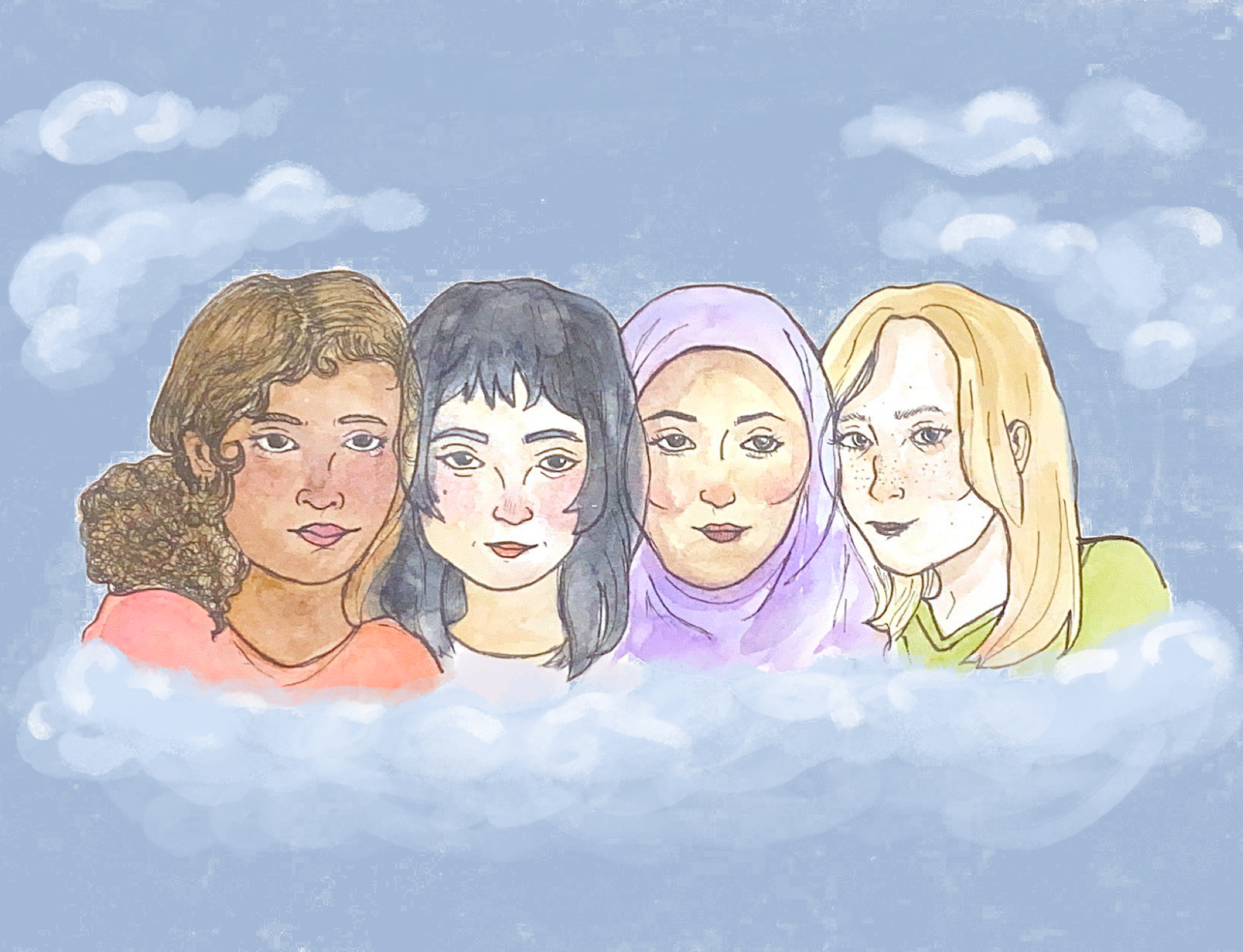Undervalued, untold, unappreciated, and marginalized groups of women across Berkeley High School are saying their voices need to be heard, and intersectional feminism is the way to accomplish this. According to the Oxford English Dictionary, intersectionality is “the interconnected nature of social categorizations such as race, class, gender, and more.” The word intersectionality was coined by activist and professor Kimberlé Crenshaw. Later, the term intersectional feminism was born. Crenshaw analyzed her experiences of being a Black woman, realizing that feminist theory and anti-racist politics focused on the experiences of the most privileged members of both groups, white women and Black men. The awareness of intersectional feminism is important in all settings, but especially in high schools like BHS.
One of the biggest reasons intersectional feminism is needed is because it empowers marginalized groups and helps minorities feel seen. Kimberly Lee, a BHS physics teacher who identifies as Chinese American, said, “My ethnicity and gender are both important aspects of my identity. They are important because they shape the experiences I have in this world and have an inevitable impact on how I interact with different aspects of society.”
In high school, students are constantly learning about U.S. History and the injustices and inequalities of the past. Learning about the struggles of women of color, instead of learning about people of color and women separately, opens up a whole new perspective.
Lee added, “As I have grown older and had more conversations with people who have shared experiences with me, as well as those who have vastly different experiences from me, I have realized more and more just how much our identities impact our interactions and points of view.” Lee has experienced racism and sexism both as a student and a teacher. “There are times where I have felt (racism and sexism) overlapped, especially in college where I was one of the only female mechanical engineering students ... (About 10 percent were female),” Lee said.
Referring to her experience outside of the educational environment, Lee said, “The most sexism I have faced has come from others of my race, particularly from male family members. This in itself shows the complexity of systems of oppression.”
There are a lot of biases and stereotypes about all kinds of people, most of them starting small and building up over time. Stereotypes about women and other minorities are often very harmful and broad. Jessica Hipona, a BHS junior and the Commissioner of Multicultural Affairs, said, “As a person of color, there are always assumptions people make about you based on what race they perceive you to be. It is so limiting, being put into a box right off the bat based on something you cannot control, and I know many of my friends and peers have felt the same way.” Hipona identifies as Chinese, Filipino, and Indonesian.
Hipona also spoke about the unfair expectations she faces as a woman, “There are always things people assume we can’t or are obligated to do just because we are women. Being a woman is (thought of as) being a caretaker but not expecting anything in return because you should be happy that people come to you for help.”
Hipona offered ideas BHS could implement to encourage intersectional feminism: “Offering examples and lessons of feminists and feminist movements from other (non-Western) places is one way to start.” By separating one journey from another and by looking at individual stories, stereotypes can be broken down and untangled.
Lee spoke about receiving a racist email from a white, female teacher after starting a very popular anti-racism club at the school she worked at before BHS. Due to the racist backlash against the club and the lack of consequences for the teacher who sent the email, Lee decided to resign from her position. Hipona also addressed this issue. “Race is something you can’t ignore or not make a big deal of. People have to actively educate against racism whether perpetrators of racism are aware of it or not,” Hipona said.
Intersectional feminism isn’t just about recognizing disparities, it’s also about actively working to address and rectify them. As Lee said, “The more we talk to and listen to others, the more sense intersectional feminism makes to us. As a society, we still really struggle to talk about these topics and schools can help facilitate and create safe spaces for these conversations to exist. We need to be asking, what voices are we not hearing?”





